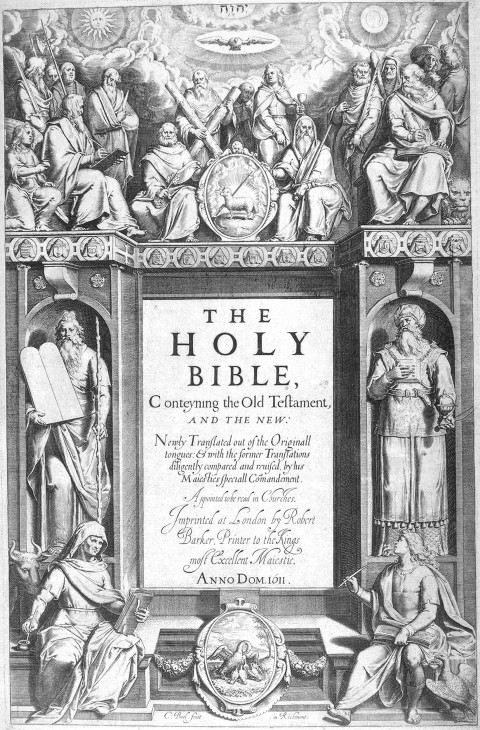The KJV endureth: The 400th anniversary

The King James Version—which marks its 400th birthday in 2011—was the Bible of my childhood. It was well past the halfway mark of its fourth century by that time. In other words, it has had quite an extraordinary run. For many people it is still the only translation they use of the most important book in their lives. Once its resonant words get into your blood they are there for life. This has often made people very reluctant to set it aside for something new.
The first major attempt to replace it was the Revised Version, which appeared for both testaments in 1885. It was so deferential to the KJV that the translators proudly declared in the preface that they had sometimes chosen to retain archaic words, occasionally even ones that were admittedly incomprehensible. Nevertheless, the mild tinkering that they did aroused passionate consternation. People apparently really were outraged that the "thief" on the cross was now a "robber." From a later perspective, however, the RV was deemed inadequate more for being too cautious than too cavalier. It simply would not do to present the word of God to the masses in an unintelligible vocabulary.
A year or so ago I heard a rebroadcast of a radio Christmas special that Bing Crosby had done in the mid-20th century. He read the story of the nativity from Luke 2 in the KJV. This is a text that runs deep in my veins, since at my private, Christian elementary school we were required to recite it from memory on an annual basis. Miss Dys emphasized that our faces should become suitably animated with awe when we declaimed that the shepherds were "sore afraid."




